Optimal Seasons for Waterproofing
Waterproofing is a crucial process to protect structures from water intrusion, which can cause damage, mold growth, and structural weakening. Proper timing ensures the effectiveness and longevity of waterproofing treatments, making it essential to choose optimal seasons and conditions.
Spring offers moderate temperatures and rising humidity levels, ideal for applying waterproofing products before heavy rains.
Summer provides warm weather and extended daylight, suitable for most waterproofing applications, provided there is no extreme heat.
Fall's cooler temperatures and dry conditions make it an excellent time to seal surfaces before winter.
Winter is generally unsuitable due to freezing temperatures and moisture conditions that hinder proper curing.
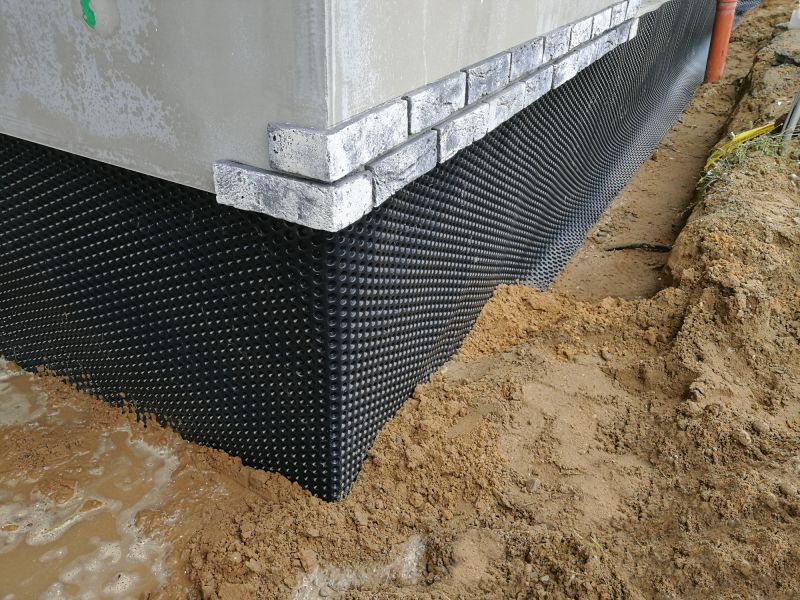
Preparing surfaces in spring ensures optimal sealing before heavy rains.
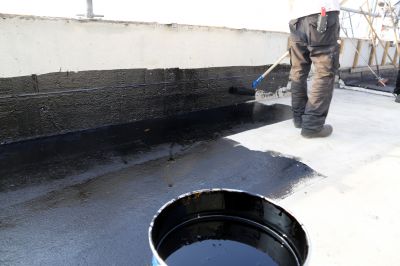
Applying waterproofing in summer benefits from warm, dry weather.
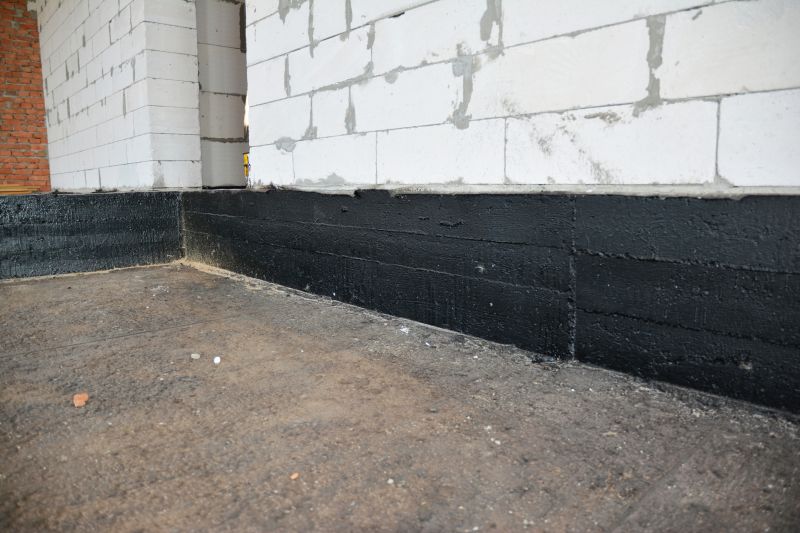
Sealing surfaces in fall protects structures during winter months.
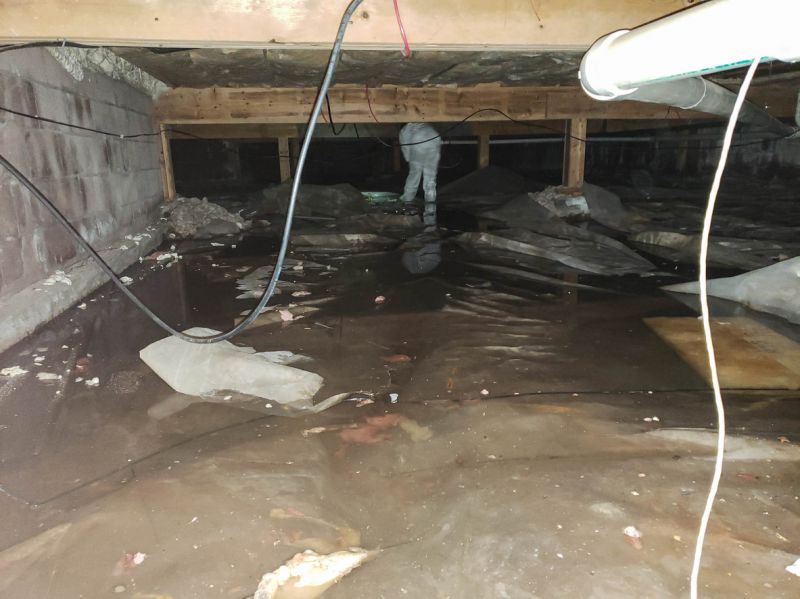
Ways to make Waterproofings work in tight or awkward layouts.
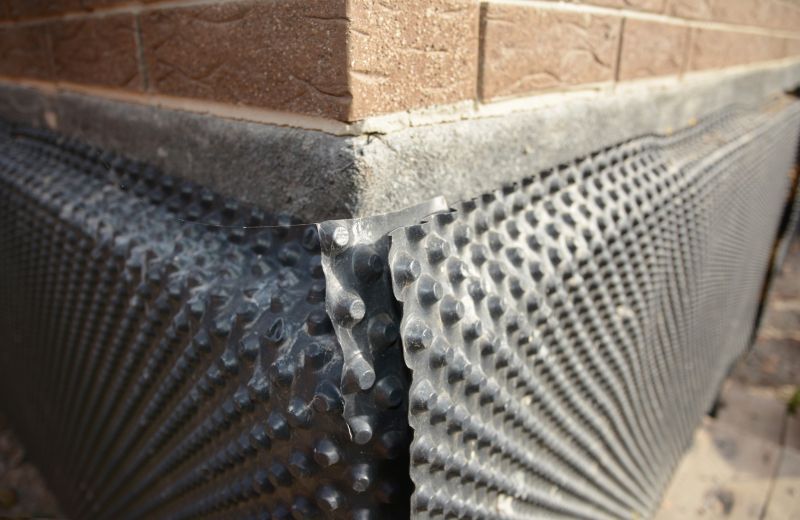
Popular materials for Waterproofings and why they hold up over time.
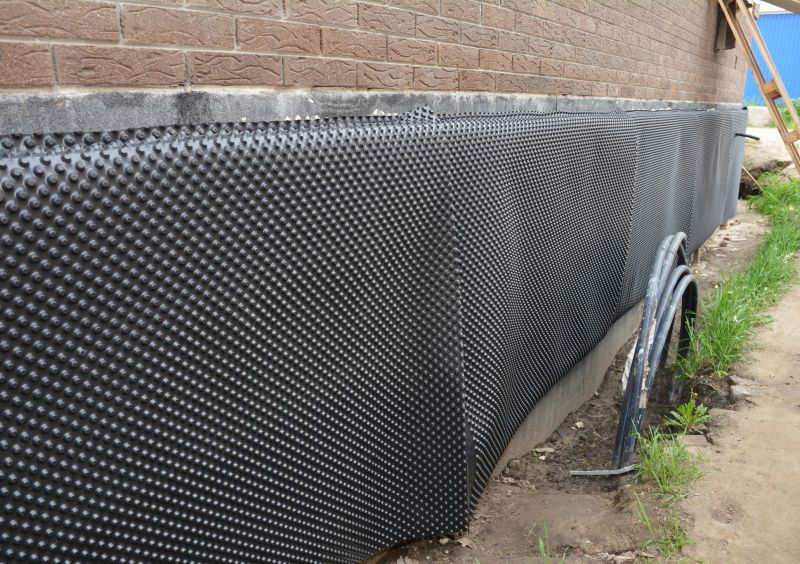
Simple add-ons that improve Waterproofings without blowing the budget.
Waterproofings involve applying specialized materials to prevent water penetration in foundations, roofs, and walls. Properly timed waterproofing can extend the lifespan of structures, reduce maintenance costs, and prevent costly repairs caused by water damage. Statistics indicate that structures waterproofed during optimal seasons experience fewer issues related to moisture and have increased durability.
| Season | Ideal Conditions |
|---|---|
| Spring | Moderate temperatures, increased humidity, before heavy rains |
| Summer | Warm, dry weather, extended daylight hours |
| Fall | Cooler temperatures, dry conditions, before winter |
| Winter | Freezing temperatures, high moisture levels (not recommended) |
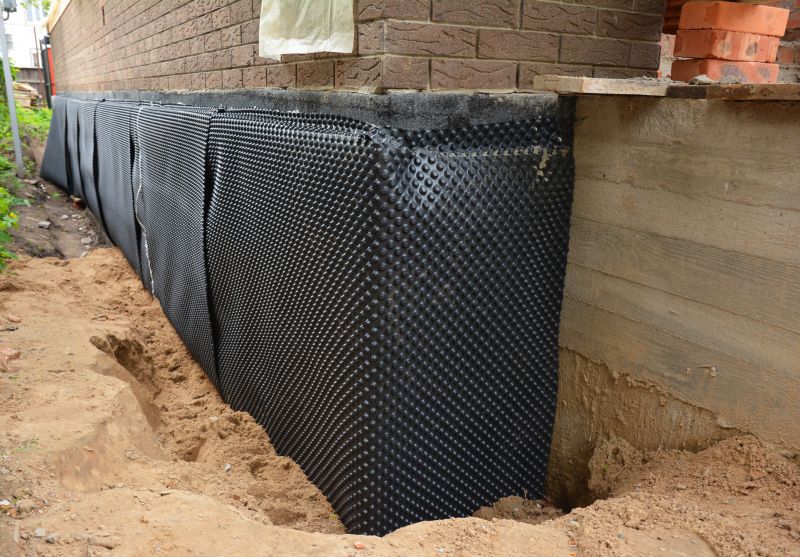
Various materials are used depending on the surface and environmental conditions.
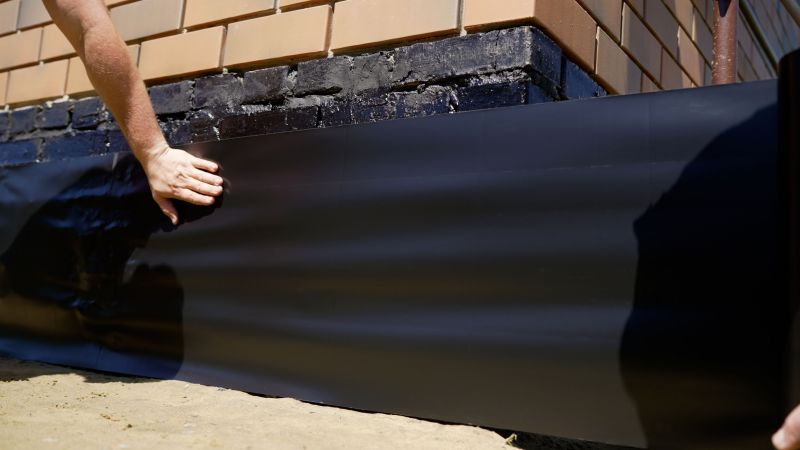
Proper application techniques are essential for effective waterproofing.
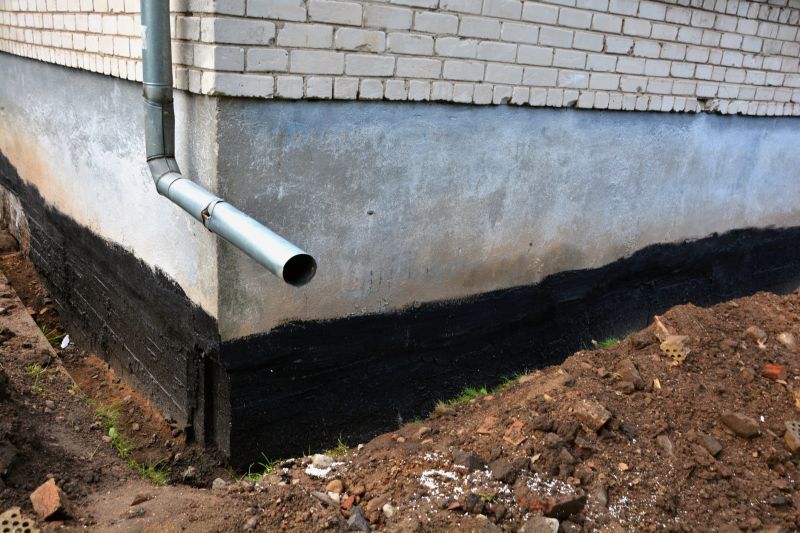
Timely waterproofing reduces the risk of water-related structural issues.
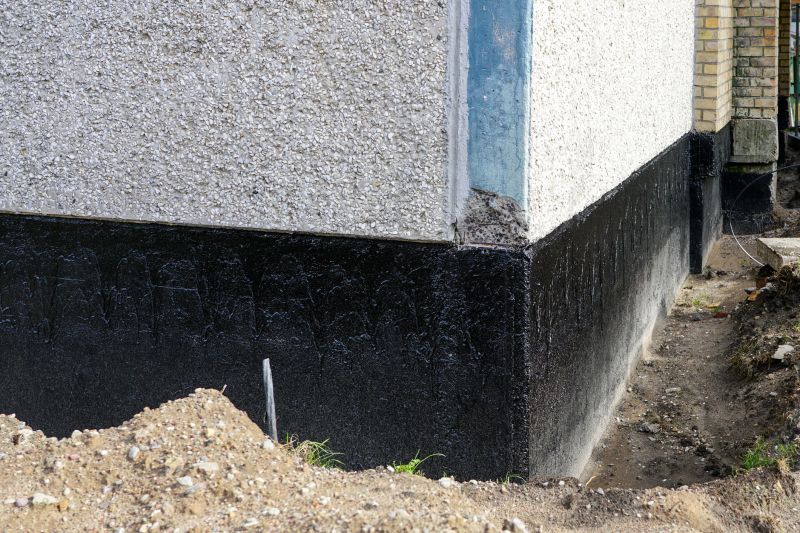
Regular inspections help maintain waterproofing effectiveness over time.
Choosing the right time for waterproofing depends on local climate conditions and the specific structure. Proper planning and execution during the optimal season can significantly enhance the durability and performance of waterproofing measures. For those interested in scheduling waterproofing services, filling out the contact form provides a convenient way to get started.


